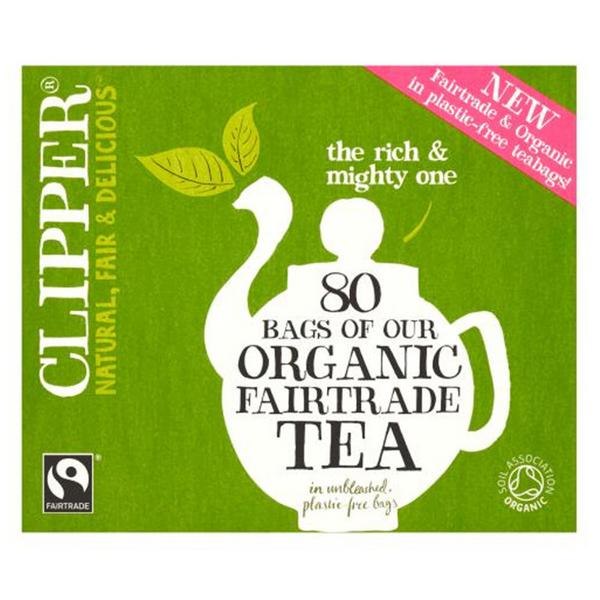
As Fairtrade Fortnight comes to a close, let’s reflect on what it means, and why it’s important. How do the choices we make when shopping impact the lives of those a world away?
Fairtrade Fortnight
Fairtrade Fortnight is a festival created by the Fairtrade Foundation. Intended to educate the public and celebrate fairtrade producers around the world. Running from 22nd February to 7th of March this year, the festival theme is climate change and farming. Farms are in the front line for both the effects of and contributions to climate change. Adapting to the Covid climate, the online talks, tutorials, and stories help to bring life to the issues. The festival celebrates those who work to improve the livelihoods of others, all with a healthy dose of good food. Proceeds from the event go towards furthering the Fairtrade Foundation’s efforts: Improving the food system and campaigning for substantive change in world farming.
What is Fairtrade?
Fairtrade is a campaign designed to put the power back in the hands of farmers. All too often, crop prices are dictated by those doing the buying to maximise profit, leading to ever reducing profits for the farmer. Fairtrade certified companies purchase from farmers at a fair price, and often include them in the development of their products. This gives farmers the ability to pay their staff, and themselves, a proper wage, and ensure safe working practices. Most fairtrade companies will also try to improve the lives of those in the communities their product relies on. Generally these community schemes focus on education and sanitation. A key path to reducing both climate change and poverty is through education, so these projects are vital. For more information on how fairtrade works, check out our explainer.
Why Fairtrade?
It is almost impossible to follow a supply chain back to the source without finding evidence of modren day slavery. Be it grapes, cashews, or even tinned tomatoes, poor practice is rife in the food system. In the UK we are generally far removed from food production, relying largely on imported foods to fill our supermarkets. This lengthy foodway chain, and demand for low prices, leads to someone else paying for our food. Women are responsible for the majority of farming worldwide, and are largely the ones paying for this broken system.
It would not be possible for each of us to check where all of our food comes from. However, there are some things we can do to shop thoughtfully, and support companies with the interests of their workers at heart.
Which foods can you find Fairtrade?
Famously, bananas are one of the most common foods you can find Fairtrade certified. Tea, coffee, chocolate and wine, as well as nuts, seeds and cotton are also important fair trade crops.
With that in mind, here are some of my favourite plastic free fairtrade brands that you can celebrate during fairtrade fortnight!
Clipper
In 1994, Clipper became the first Fair Trade tea company in the UK. Their commitment to ethical production means that they support 114,000 producers and their families. This makes them the largest Fair Trade tea buyer in the world.
Clippers great range of teas and infusions mean that there really is a Fair Trade beverage for everyone!
Percol
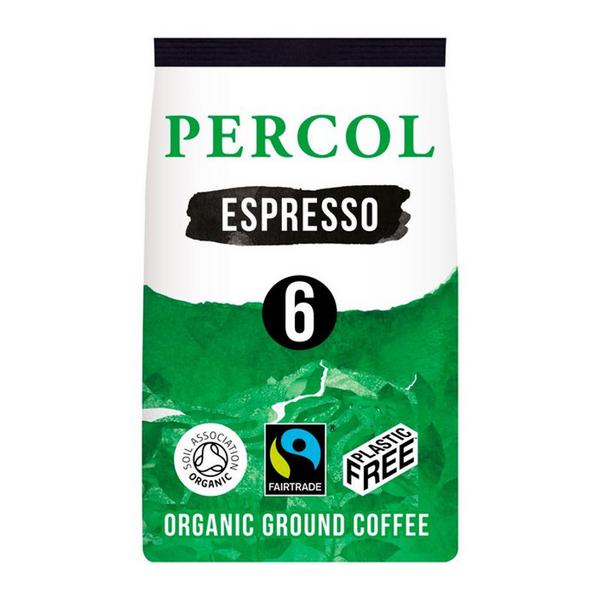
The first ground coffee to be Fairtrade certified, Percol is the perfect solution for anyone who prefers a cafetiere to a coffee pod. Percol coffee is also Soil Association certified as organic, and is the UK’s first plastic free coffee company. With their carbon neutral status, and membership of the Rainforest Alliance, they are well on track to achieve their aim of becoming the world’s most sustainable coffee company!
Karma Drinks

When Karma Drinks was first established, there was no such thing as a fairtrade cola nut, so they set about changing that. Sourcing their cola nuts from Sierra Leone, Karma Drinks felt it was important to ensure those who were producing their main ingredient were thriving. The Karma Foundation is a third party independent organisation which furthers the work Karma drinks started in Sierra Leone, and has spread as their products have diversified.
Stellar Wine
Sourcing their grapes from Fairtrade growers in South Africa, Stellar Wines offer a good range of fair trade wines. Grape growing in South Arifrica has famously come under criticism for the historical and modern day slavery linked to it, but Stallar Wines support grape growers through their own development projects. This is a guilt free bottle you can enjoy with a clear conscience.
Divine Chocolate
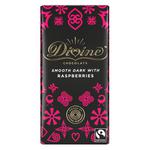
By giving their farmers shares in the company, Divine has become the only chocolate company in the world co-owned by farmers. All too often farmers are the ones paying for our cheap chocolate, but here they earn a share of the profits. More than that, two representatives for the farmers hold positions on the Divine board of directors.
Tony’s Chocolonely
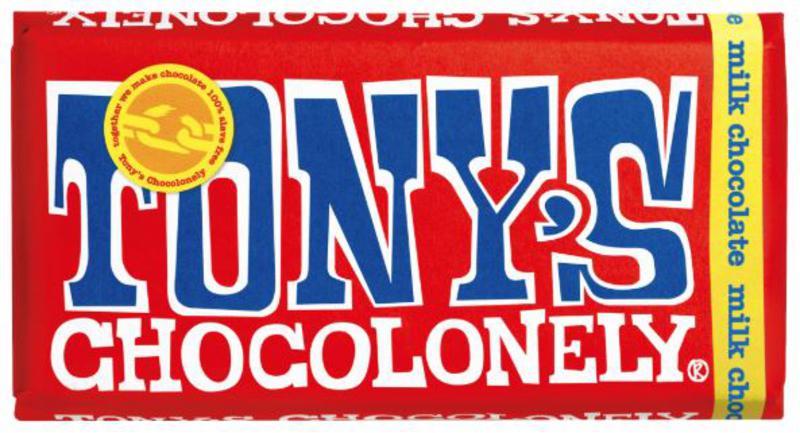
Tony’s Chocolonely are on a mission to make chocolate production 100% slave free. Unfortunately, much of the commercially produced chocolate bars we know and love are made from cocoa which is purchased at extremely low prices. This keeps the global cost of cocoa artificially low, leading to modern day and child slavery. By only purchasing fairtrade cocoa and challenging chocolate giants to copy them, they hope to create awareness around the subject, leading to industry wide change.
Equal Exchange
Equal Exchange is a more diverse company than the ones we’ve seen so far, concentrating on more than one fairtrade product. Whilst not all of their products are plastic free, they produce delicious chocolate, honey, olive oil, nut butters, sugar, coffee and cocoa powder. Their coffee is exclusively grown by women, helping to improve gender equality in farming, an area where women so often do most of the work but have little control.
Dr Bronner’s
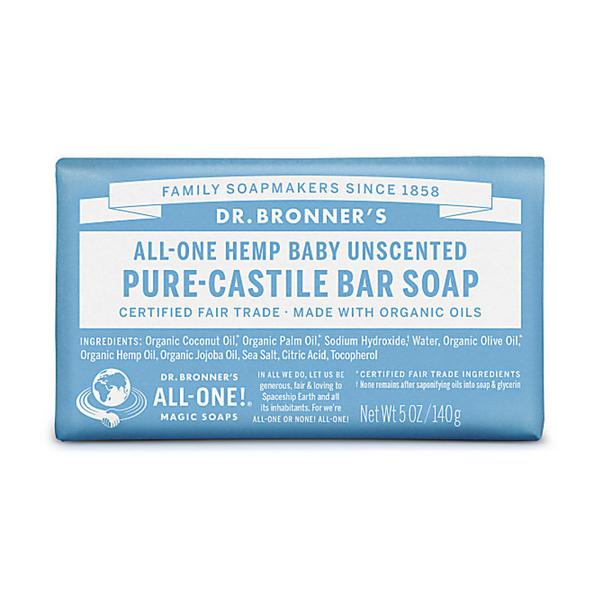
Dr Bronner’s is a quirky brand focused on combating climate change and slavery. When thinking about fairtrade products, your mind almost certainly does not go to soap. The ingredients of soap, largely the oils, are often grown in very climate costly ways, with slevery abound. By ensuring they only source their ingredients fairly and consciously, Dr Bronner’s are making a better kind of soap for a better world.
Fair Squared

Believe it or not, cosmetics are another area where ingredient sourcing plays a key role in the continuation of both habitat destruction and slavery. Fair Squared hopes to change this by offering a variety of products, from menstrual care, to lip balm, and even condoms made from fairtrade ingredients. They are also leading the way in zero waste cosmetics, because looking your best shouldn’t cost the earth!
Greater Goods
Greater Goods are a fairtrade incense manufacturer, making their products smell even sweeter. Incense ingredients such as sandalwood are often sourced poorly, leading to destruction of natural habitats. Production generally either relies on machines or on child labour. Greater Good produces their sticks in India, and pays their workers well. This company is working to improve gender equality, employing women as part of a scheme to employ them in skilled careers.
Real Plastic Free Fairtrade Fortnight
As well as supporting the plastic free lifestyle, our commitment to reducing our impact on the planet extends to fairtrade. To make it easier for you to find fairtrade certified products, we have a fairtrade filter which you can find on the left hand side of the screen as you shop with us. Simply select the filter and shop away!
Shop slower, shop fairer, and support those supporting others this Fairtrade Fortnight.

